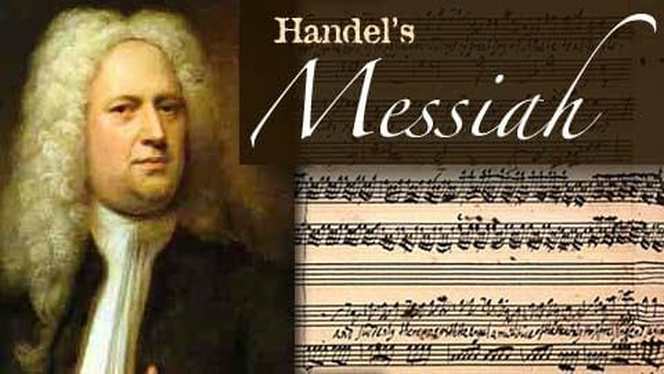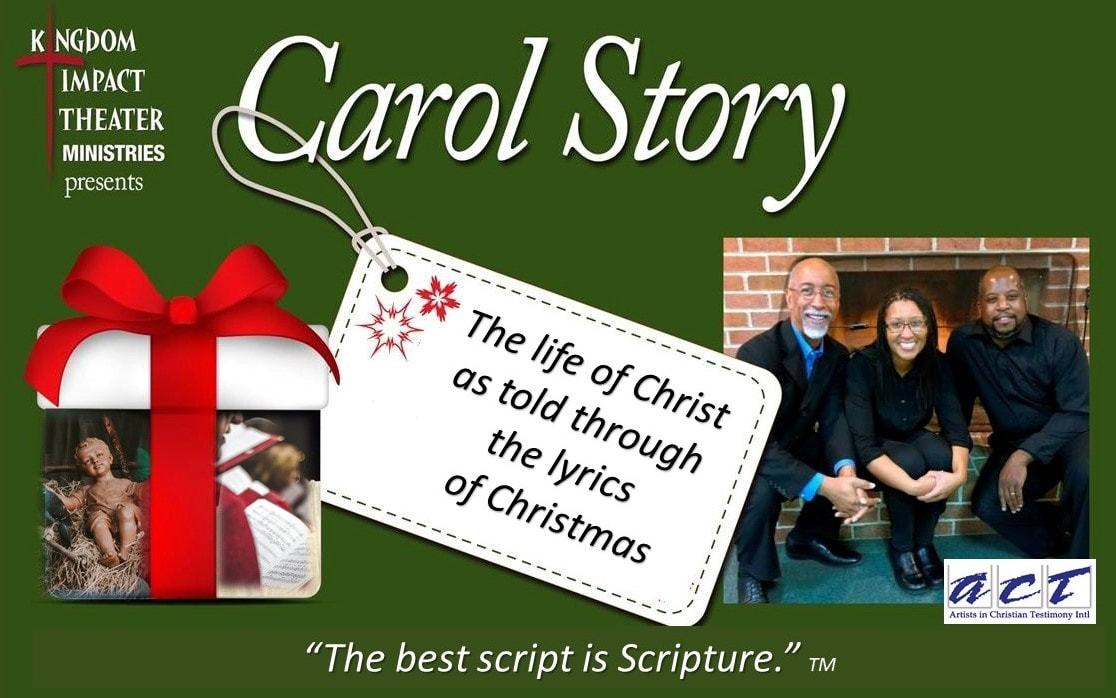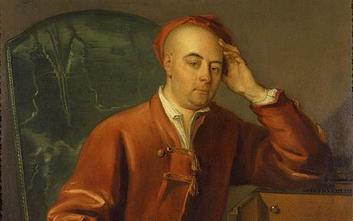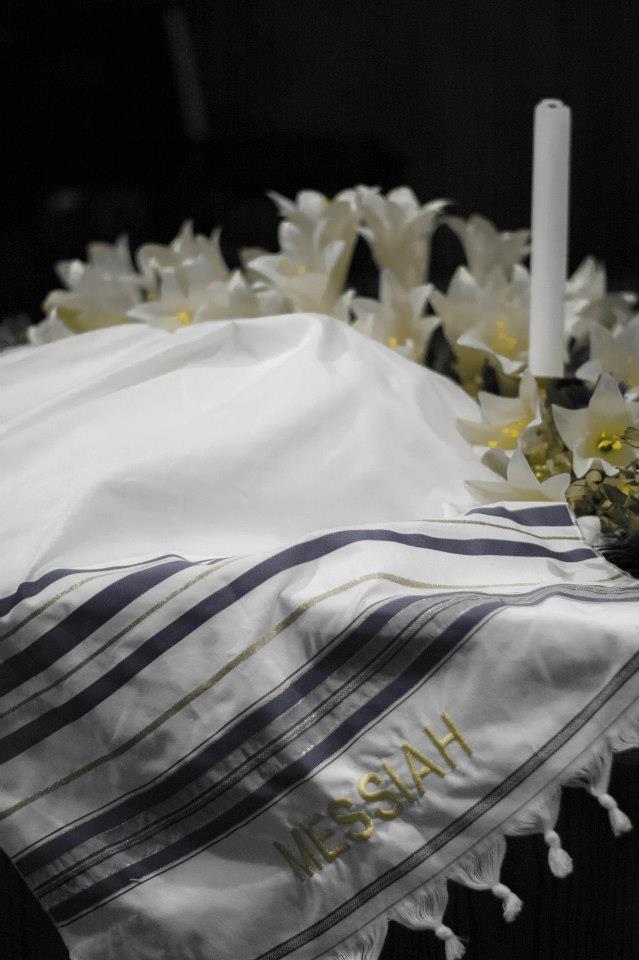Two notable composers were Friderik Handel and Felix Mendelssohn, each of whom wrote while embroiled in classic creative differences with other artists or financiers.
Handel's now-beloved "Messiah" was controversial when he debuted it in 1741 as part of a commission to help get him out of debt. "Messiah" ends with "The Hallelujah Chorus." which Handel simply called "Hallelujah." He based the selection, not one the birth of Christ in Bethlehem, but on the Book of Revelation which prophesies the Second Christmas, the return of Jesus, for "Messiah" (which means God's Anointed One, promised in the Old Testament), was created as an Easter presentation, not for Christmas. LEARN MORE: How Handel's Messiah Came About
In the Name of the LORDAnother missing element is understanding the meaning of the word "Hallelujah." It's a compound Hebrew word meaning "Praise" ("Halle") Yaweh ("lujah"); Yaweh being one of the Old Testament names of God. (Another derivation is Hall-El-Ujah; "El" being a Hebrew designation for God.) Of all the video versions of "Hallelujah," this food court improvisation captures the beautiful vocal harmonies Handel created, the confusion the shepherds must have felt hearing the Heavenly Host, the spirit of being moved to participate in the moment, then, ultimately, turn to others to share what they say and tell the good news. In #CarolStory, the chorus emerges from the "Silent Night" Heavenly Host singing, "Hallelujah!" ("Praise Yaweh!") to establish a conversation between the shepherds and angels that Charles Wesley expresses next with a little help from Mendelsohn. Sort of. As we shall see.
0 Comments
Leave a Reply. |
The KIT 'n' Kaboodle BlogThe essays here are culled from our travels, conversations, worship experiences and discoveries. Many are reprints from our newsletter, The KIT 'n' Kaboodle, or Facebook notes over time. They're written by our ensemble, Garlan Garner, Michael Edgar Myers or Vikki J. Myers -- solo, or collectively. Archives
June 2024
Categories
All
|
Proudly powered by Weebly






